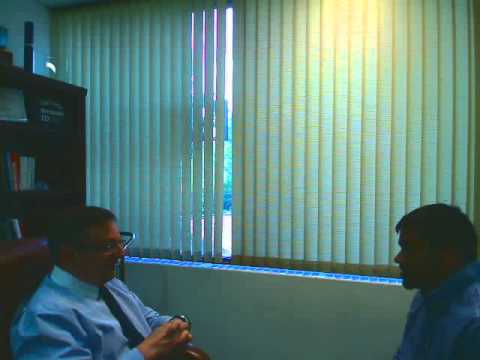![]()
![]()
Share This Page
Self Employed Income Qualification
Submitted by Phil McDowell on Tue, 04/27/2010 - 09:17
As a self-employed individual, you have the ability to make more money selling your goods or services than working for wages for some one else. You also have the ability to do some tax planning that is not limited to the "normal" T-4 income to continue to build your Canada Pension, and now contribute to EI for health related loss of income. Cash from the company can be received through dividends, repayment of shareholder loans, and income splitting within the family. Each has a different tax treatment.
For the past seven years, there have been a variety of innovations from low-rate mortgage lenders and mortgage insurers that allowed more flexible ways of determining income. There have always been fee based, high interest mortgage lenders willing to lend to the self employed- provided there was enough equity in the property.
Since the sub-prime mortgage melt down world wide, there have been a series of events to make getting a mortgage for the self-employed more and more of a struggle:
- Some Lenders have left the marketplace.
- Some Lenders have abandoned self declared income programs.
- Default insurers have gone back to personal tax return income lending, or, taken a closer look at personal tax return statement of business activity, which is an Income Statement, also found with corporate financial statements.
Many self-employed are upset with the reluctance of mortgage lenders to provide approvals because the lenders say, "$X" is your qualifying income. Yet, your sales maybe over a million dollars- and, you can't qualify for a $400,000 mortgage? But, your hired assistant qualifies for that very same $400,000 mortgage?
The simple answer is the money from sales of goods or services coming into the business is known as GROSS INCOME. But, Gross Income is not what the lenders are looking for when determining what mortgage you qualify for. The lender is looking for NET INCOME. That is what is left over after sub-contractors, suppliers, the stationary store, the land-lord, the buiness office utilities, taxes, communications, travel, marketing, and on and on and on- have been paid from the GROSS INCOME, leaving NET.
For mortgages with a down payment less than 20%, Bank and Trust company lenders require default insurance. Default insurers in Canada are Canada Mortgage and Housing Corporation (CMHC), Canada Guarantee (formerly IAG), and Genworth. These insurers have restrictions imposed upon them by the Government of Canada. The Government of Canada provides a back-up guarantee for the default insurers. That back up guarantee makes the sale of mortgage portfolios to international and national investors more attractive. This is a good thing. Investors looking for a more secure investment will accept a little less return for less risk. A little less return to an investor helps make Canadian residential mortgages a little less expensive for the consumer.
Mortgage Lenders who are not governed by the Bank or the Trust Act, which obligates Banks and Trusts to get default insurance on mortgages over 80% of the value of the property- also use default insurance in order to make the mortgages they fund acceptable for sale to national and international investors.
CMHC has changed its method of calculating self employed income. Now, if you have been three years into your business, the qualifying income will be based solely on what you personally pay taxes. Look at your LINE 150 of your personal T-1 tax return and Notice of Assessment. They will usually take a two year average, unless the most recent year is lower than the other. Then the lower amount is used.
Other insurers, such as Genworth have not taken that stand, but be prepared for a review of personal income tax, and provide corporate financial statements, if you have incorporated your business. They too will look for what money is left over after others have been paid. It will not be the GROSS INCOME used, it will after expenses.
Moral fo the story: There is still some flexibility for mortgage qualification if you are self-employed. It just takes a more careful look at what the Gross Income is, and be able to demonstrate that you are able to control expenses so your NET used to qualify is to your best advantage. And, that takes experience.
Phil started lending with Household Finance in 1974; was a Bank manager during the days a Bank manager did the commercial and consumer lending; was a Trust company District Lending Manager of ICI (Industrial, Commercial, Investment) and Consumer Mortgages and loans. And, now Associate with Mortgage Alliance-Mortgages Are Marvellous.
Experience needed for you? Ask Phil









